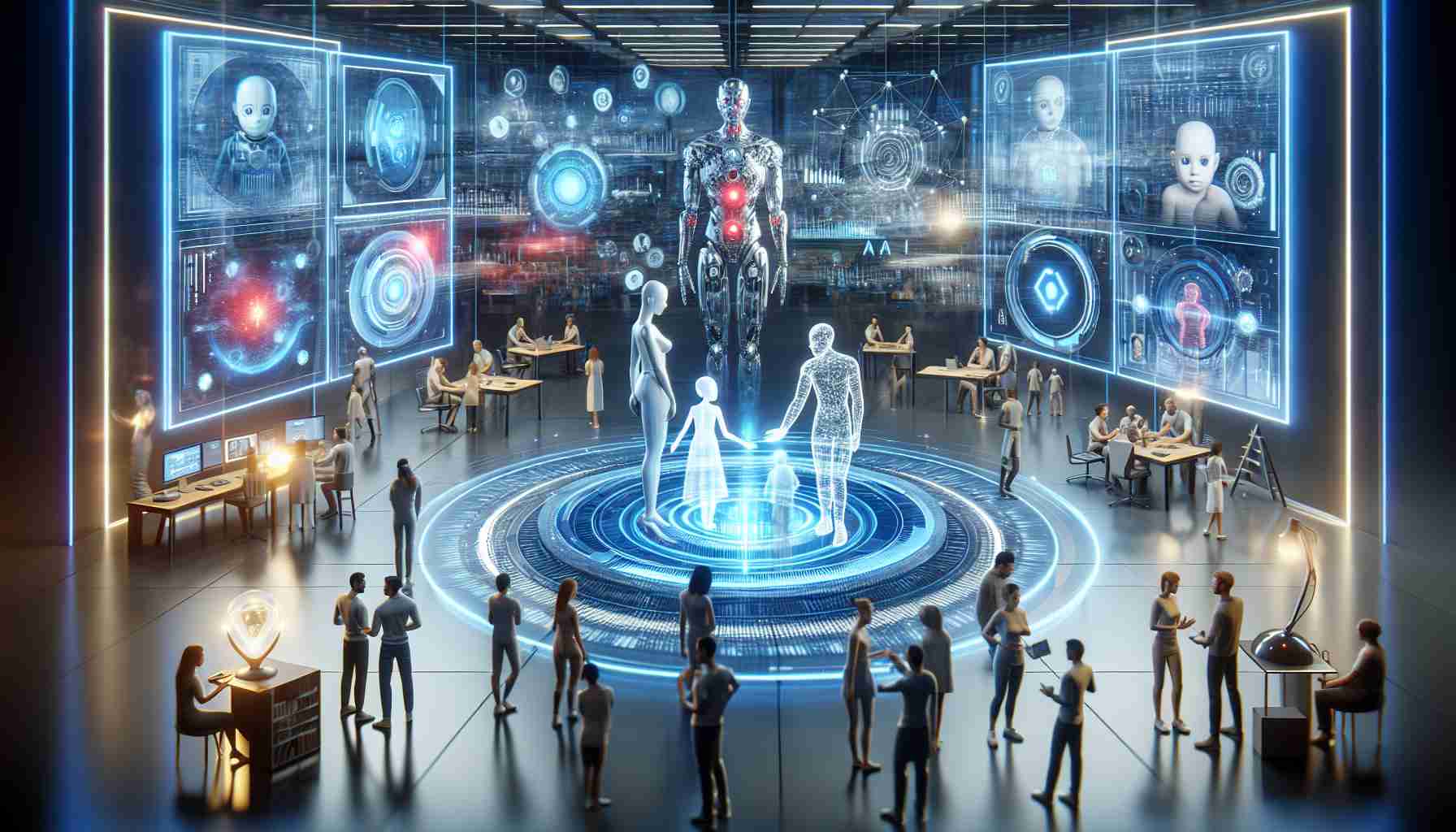Revolutionizing Daily Life with Advanced AI Technologies
The emergence of conversational artificial intelligence (AI) marks a new chapter in everyday life, where asking questions, seeking recommendations, and discovering information can be as simple and natural as speaking to a friend. OpenAI’s innovative GPT-4o and similar technologies are paving the way for more human-like interactions with machines.
The Transformation of Internet Services with Generation AI
Advances in technology have forecasted the end of traditional internet search methods, as AI begins to take on roles previously exclusive to human assistants. For example, while driving, AI now not only suggests optimal routes but can also control the car’s environment, playing music or adjusting temperature on command.
AI-Powered Lifestyle Enhancements
Shopping experiences are greatly enhanced by AI capabilities to compare prices and gather product details through simple photos or videos. From finding clothing seen in a drama to scheduling personalized trips based on preferences gathered from emails, AI is reshaping consumer behaviors.
Google’s ‘Gemini Era’ in Search and AI Integration
Google’s CEO announced at the Google I/O conference that they’re entering what he referred to as the ‘Gemini Era’, an ambitious plan to integrate generative AI across its services. Innovations include ‘AI Overview’, where users can make inquiries in conversational style and conduct searches via voice, photos, and videos. This approach promises to deliver comprehensive answers and optimize Google’s myriad of services using AI-driven insights.
Charting Emotional Landscapes with GPT-4o
OpenAI’s GPT-4o ushers in a new dimension of AI with its ability to engage in emotionally resonant conversations, respond to visual and auditory cues, and provide support akin to that of a compassionate friend. The technology’s responsiveness is likened to human conversation speed, offering soothing narratives or advice when prompted.
Future AI Prospects and Industry Competition
The development of mobile and desktop apps, AI secretaries like ‘Siri’, and anticipated innovative search services illustrates a competitive edge in the AI market. OpenAI and companies like Naver are not only enhancing digital ecosystems but also fortifying their footholds with unique AI capabilities and culturally contextual knowledge systems. As AI seamlessly integrates into the fabric of digital life, the future underscores a blend of innovation, utility, and personal experience.
Important Questions and Answers:
Q: What are the potential risks associated with AI companionship?
A: The risks include privacy concerns, as AI systems often require access to personal data to provide personalized services. There is also the risk of developing an overreliance on AI for social interactions, which may impact human relationships. Moreover, there are ethical considerations related to AI decisions and biases, which can arise from the data they are trained on.
Q: How does AI companionship affect employment?
A: AI has the potential to automate tasks previously performed by humans, leading to job displacement in certain industries. However, it can also create new job opportunities in AI development, maintenance, and oversight, as well as new service industries centered around AI experiences.
Key Challenges or Controversies:
The adoption of AI companionship brings privacy concerns, as these AIs require access to users’ personal information to function effectively. Additionally, there’s the issue of mental health, where excessive reliance on digital companionship could potentially lead to social isolation. Debates are ongoing about the ethical use of AI, including concerns about bias and accountability when AI makes mistakes.
Advantages:
– AI companions can provide 24/7 assistance and mental support, offering convenience and emotional resilience for users.
– They enhance productivity by automating routine tasks and improving decision-making with data-driven insights.
– AI companions personalize experiences for users, leading to more targeted and relevant services.
Disadvantages:
– Potential reduction of human interaction, leading to social and emotional consequences.
– Privacy risks are heightened with the increased collection and processing of personal data.
– Increased job automation might lead to unemployment in certain sectors.
Related Links:
– Google
– OpenAI
Suggested Reading:
For readers interested in exploring this topic further, they can visit the official websites of leading organizations in AI development like Google and OpenAI to stay updated on the latest advancements and discussions surrounding digital companionship and AI integration into daily life.

